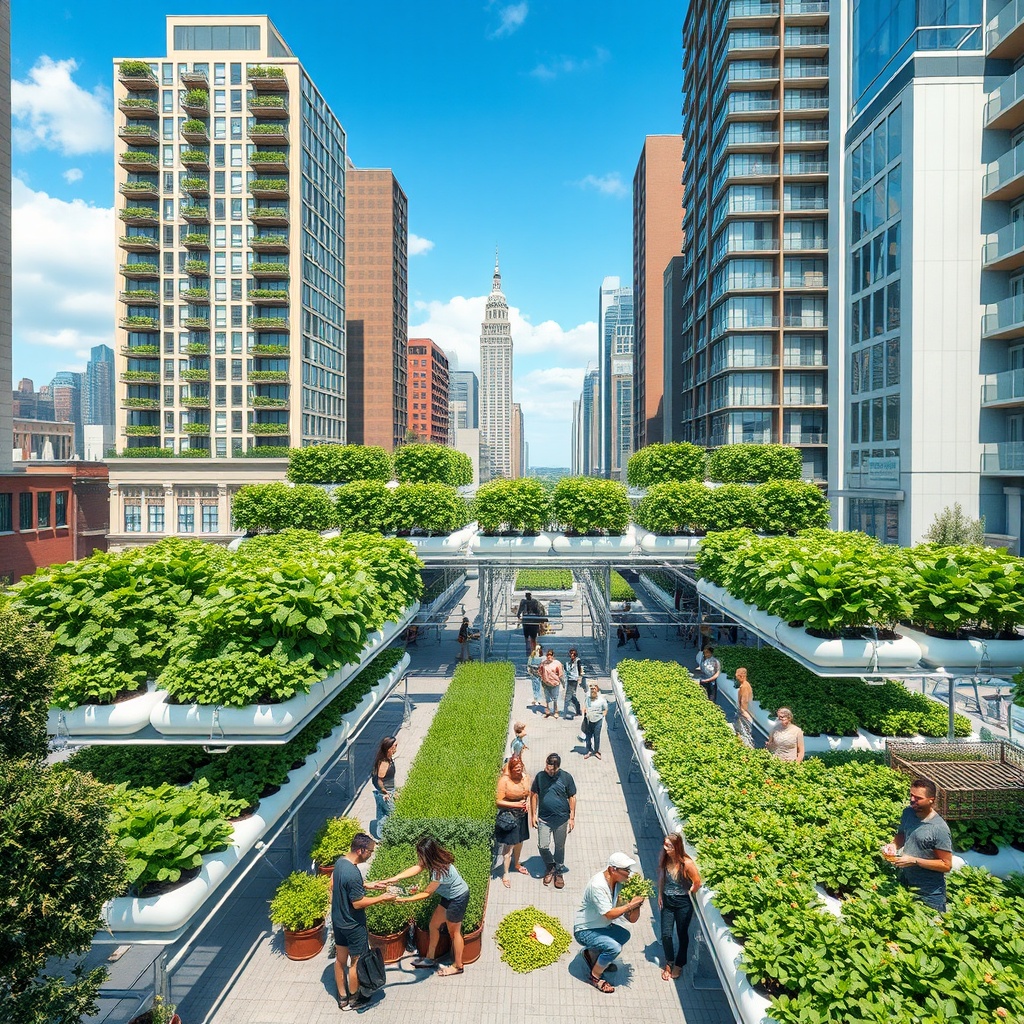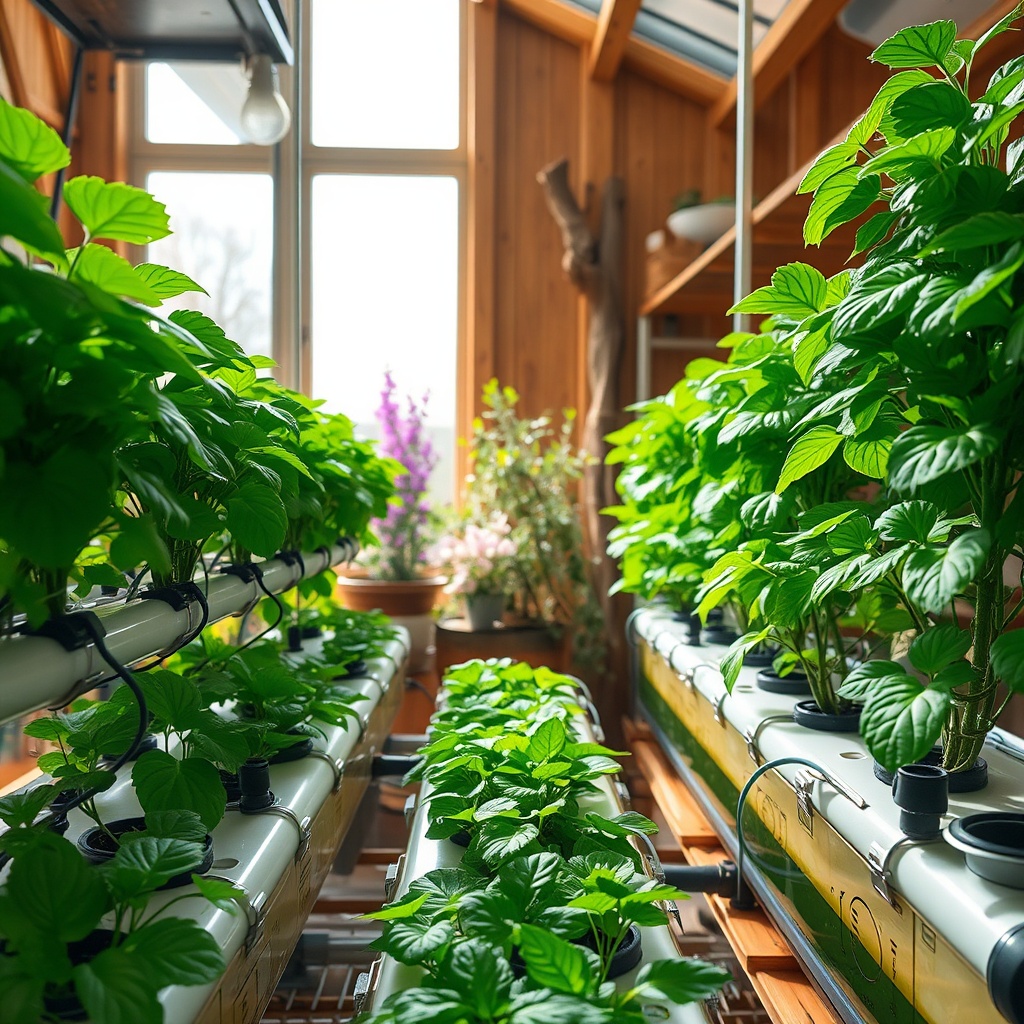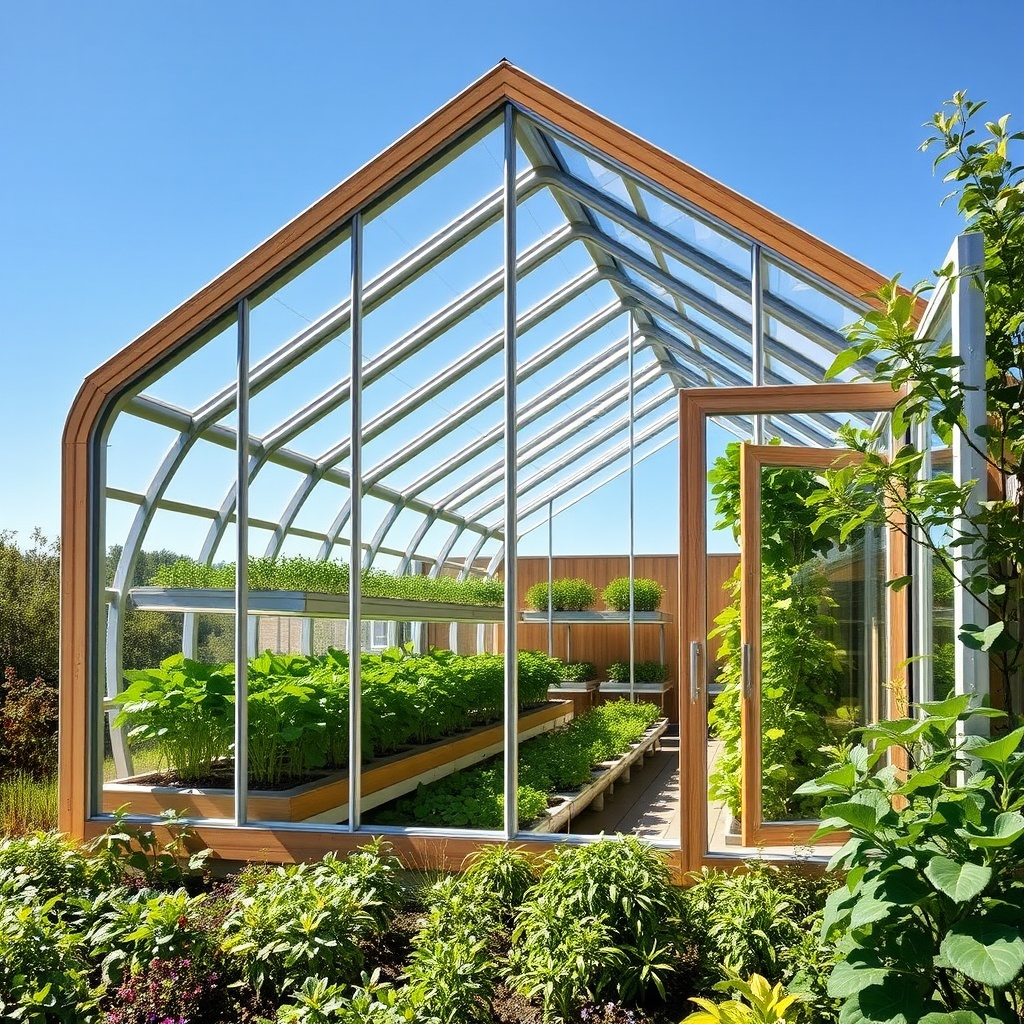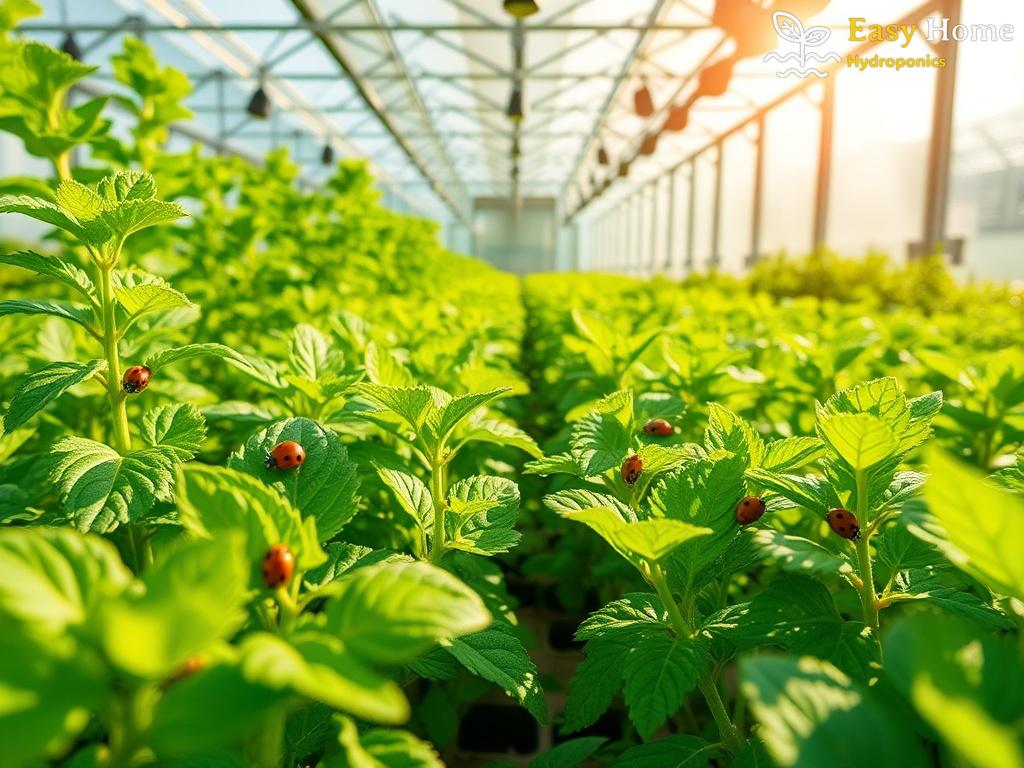As urbanization continues to rise, many cities face the alarming challenge of food deserts—areas with limited access to affordable and nutritious food. However, innovative solutions are emerging, and one of the most promising is hydroponics. By utilizing sustainable hydroponic systems, urban communities can reclaim their food sovereignty, cultivate fresh produce, and transform barren landscapes into thriving green oases.
Revolutionizing Urban Agriculture
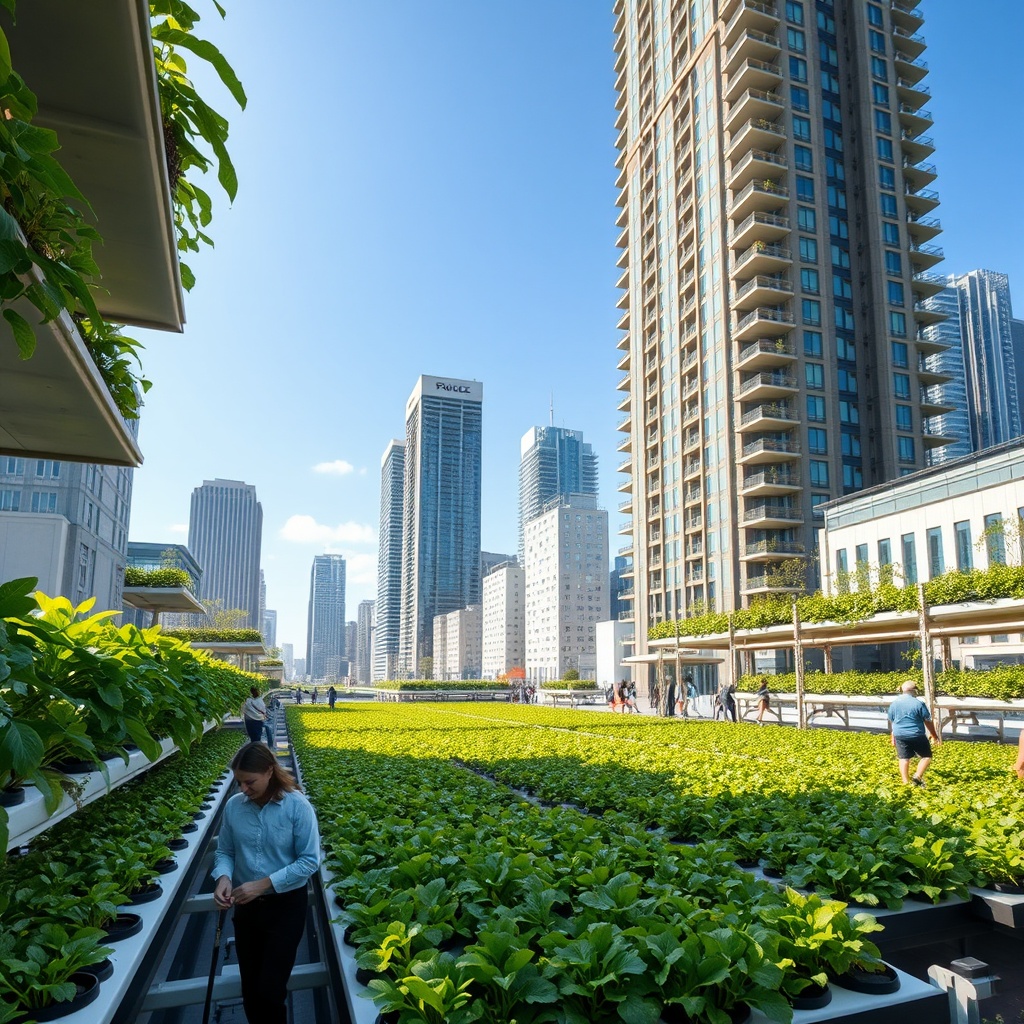
The traditional methods of agriculture are often incompatible with urban environments, where space is limited and resources are scarce. Hydroponics offers a revolutionary approach to farming without soil, allowing plants to grow in nutrient-rich water. This method not only conserves space but also reduces the need for pesticides and herbicides, making it an environmentally friendly option.
Innovative hydroponic systems can be set up in rooftops, basements, and even abandoned buildings, turning underutilized spaces into productive farms. Cities like New York and Chicago are leading the way by implementing community hydroponic gardens that not only provide fresh produce but also foster community engagement and education.
The Benefits of Hydroponic Solutions
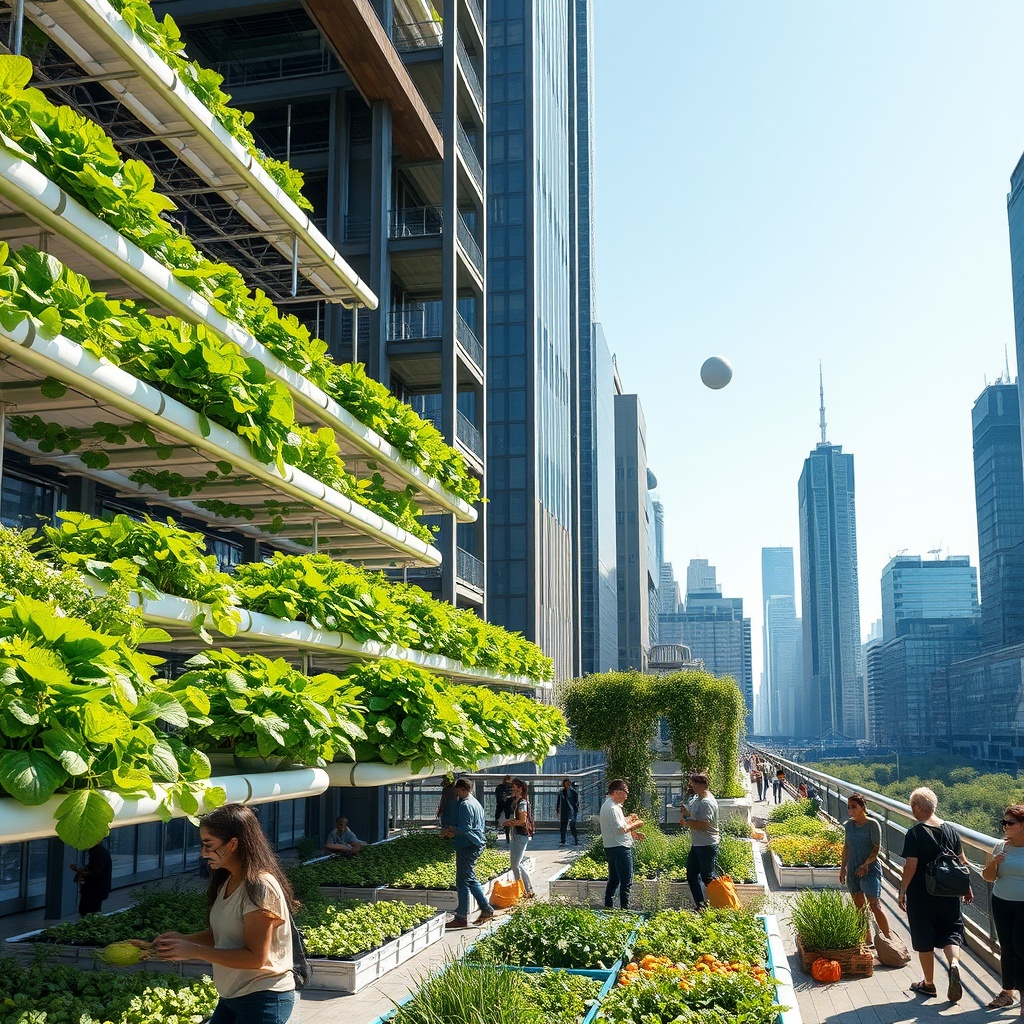
Hydroponics is not just about growing food; it’s about creating a sustainable future for urban dwellers. The benefits are manifold, impacting health, the environment, and the economy. Below is a list of key advantages of adopting hydroponic systems in urban settings:
- Increased Yield: Hydroponics can produce crops at a faster rate than traditional farming methods due to optimized growing conditions.
- Water Conservation: Hydroponic systems use up to 90% less water than conventional agriculture, making them a sustainable choice in water-scarce areas.
- Space Efficiency: Vertical farming techniques maximize space utilization, allowing urban farms to flourish in small areas.
- Reduced Carbon Footprint: Localized food production decreases the need for transportation, cutting down greenhouse gas emissions.
- Community Resilience: Hydroponic farms can empower communities by providing jobs, educational opportunities, and access to fresh produce.
Building a Sustainable Future Together
The integration of hydroponic solutions into urban landscapes represents more than just a trend; it is a movement towards sustainability and resilience. By fostering partnerships between local governments, businesses, and communities, cities can cultivate a new food culture that prioritizes health, accessibility, and environmental stewardship. As we look towards the future, let us embrace innovative agricultural practices that nourish our cities and empower our citizens.

